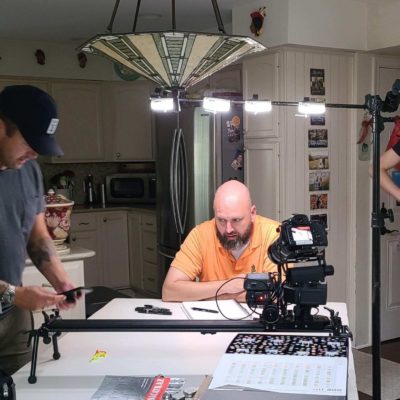(6-23-22) Kevin and I were invited to the White House yesterday for an advance screening of the Ken Burn’s PBS documentary, Hiding in Plain Sight: Youth Mental Illness.
The four hour documentary will be shown in two segments and will premiere on June 27 and 28 on PBS. Check your local listings. Both of us were interviewed for the film, which follows the mental health journeys of more than 20 young Americans, and features interviews with their parents, teachers, friends, health care providers, and mental health experts.
Dr. Jill Biden called the young people interviewed in the documentary “courageous.”
It’s been two years since film makers Erik Ewers and Christopher Loren Ewers, along with producer Julie Coffman, showed up at my office to interview us. At the time, the brothers were still deciding what direction a film about such a vast subject as mental illness would take. What could they do that hadn’t already been done? It wasn’t long before they zeroed in on the plight of young people. (Even though Kevin is older than most of the other participants, his first mental break happened when he was in his twenties.)
It proved to be the right choice.
With a powerful script written by David Blistein, the multi-talented Ewers brothers’ cast a wide net, which in less skilled hands, would have only managed to skim the surface, highlighting only on the most sensational. Instead, the brothers and producer Coffman dug deep focusing on individual stories told by children and young adults to explore such weighty subjects as youth suicide, drug and alcohol addictions, bipolar disorder, the double stigma faced by minorities with mental illnesses who are indigenous Americans, BIPOC, gay and transgender, and the problems their families face trying to navigate a mental health care system that too often is unresponsive and lacking answers.
Listen as a cherub faced grade schooler tells how he began having suicidal thoughts, alarming his befuddled parents. Hear a teen addicted to drugs and alcohol describes how her parents had her kidnapped and forced for three months into a wilderness, get-tough program, emerging renewed and drug free, only to fall back into her old routine once home. Watch as a transgender girl describes the prejudices that she faced as she identified her true self. The stories go on, each as powerful as the last, until every speaker has bared their souls, leaving only the most callous among us untouched.

Kevin being interviewed two years ago
Interspersed between the young persons’ voices are interviews with a handful of top notch therapists who speak from their experiences helping troubled youth. Former NIMH Director Thomas R. Insel, author of the new book, Healing: Our Path From Mental Illness to Mental Health, and former Rhode Island Congressman Patrick Joseph Kennedy, make thoughtful appearances. Kennedy speaks first hand about what he’s learned as a recovering alcoholic. Dr. Insel provides an even-handed and point on description of our failings and successes in treating mental illnesses. Sometimes medication help, sometimes they don’t, sometimes they harm. None, Dr. Insel explains, actually cure. They merely abate symptoms.
Script writer David Blistein begins the documentary with these words.
Mental illness is one of the most significant health crises in the world—as pervasive as cancer, diabetes, and heart disease—but it often exists in secret and is endured in isolation. It’s the place where sadness leaves off, and depression begins; where nervousness becomes anxiety; excitement becomes mania, and habit becomes addiction. It’s the place where simply living becomes painful.
And yet, the voices of the children and young adults in this documentary – though at times hard to hear – remain positive. They discuss their struggles through tears but emerge stronger, more determined, more certain of who they are.
First Lady Biden was correct in calling them courageous.
Watch this amazing documentary and tell your friends about it. It is well worth your time and we are better because of Erik Ewers and Christopher Loren Ewers decision to focus on youth.



